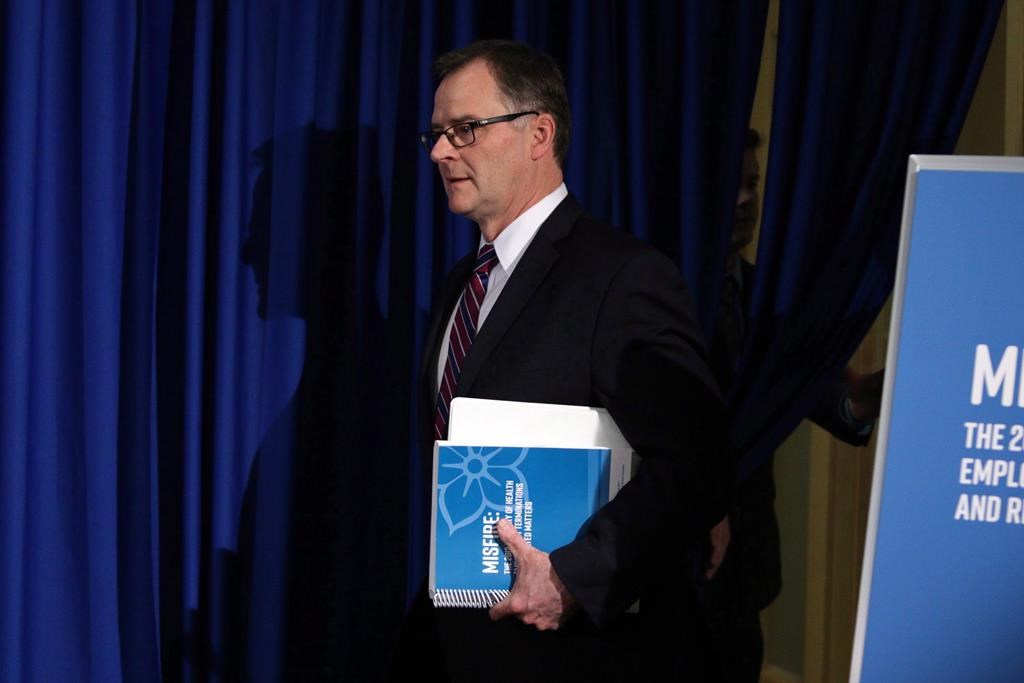B.C.’s ombudsperson says the Ministry of Children and Family Development should be embarrassed by its neglect toward reducing the practice of isolating youth in custody.

Jay Chalke says the ministry has failed to take action on a 2021 report by his office that called for “separate confinement” of young people to be limited and its prolonged use abolished.

He says in an update to the report that in many cases the ministry is “moving backwards” rather than making recommended improvements.
Chalke says vulnerable youth in provincial custody are still being isolated from others in care for long periods, and he’s “deeply concerned” about the lack of progress on the previous report’s 26 recommendations.

Get breaking National news
He says youth are exposed to “significant harm” from separate confinement, in particular Indigenous youth who have long been overrepresented in provincial custody.
He says the ministry has made no progress on 15 of his recommendations, despite a “commitment to implement every recommendation” when the 2021 report was released.

“To say I am disappointed is an understatement,” Chalke said in a news release.
“I am calling on the ministry to account for and address its delay in meaningfully implementing the recommendations, in order to ensure more humane treatment of youth remanded while awaiting trial or serving a custodial sentence.”
He said that in 2021, the ministry had committed to a longer implementation period for the recommendations than the report suggested.
Chalke said the ministry “has so neglected this issue, they’ve been unable to meet even their slower pace of implementation. This should be cause for embarrassment.”







Comments
Want to discuss? Please read our Commenting Policy first.